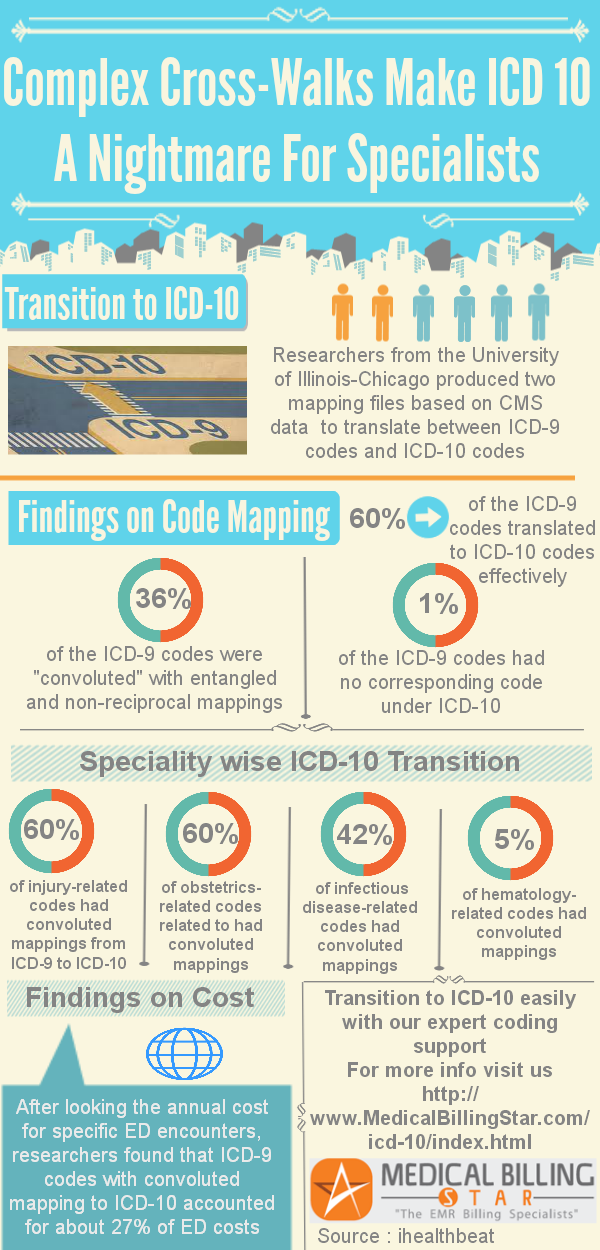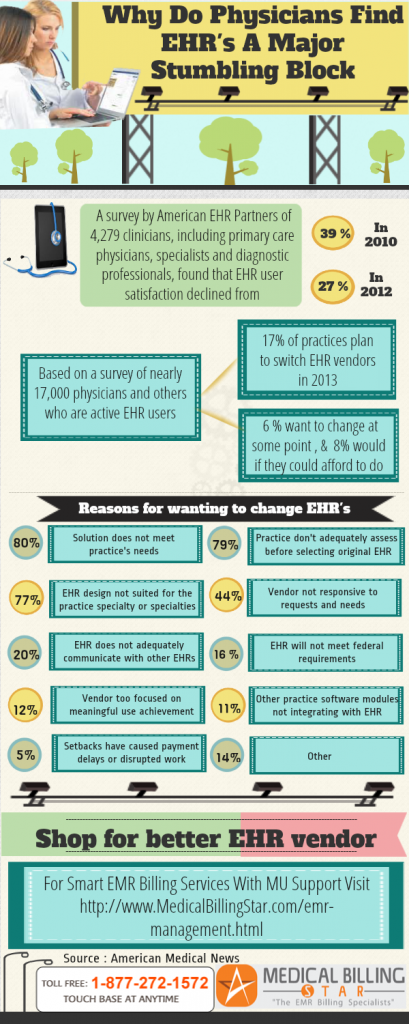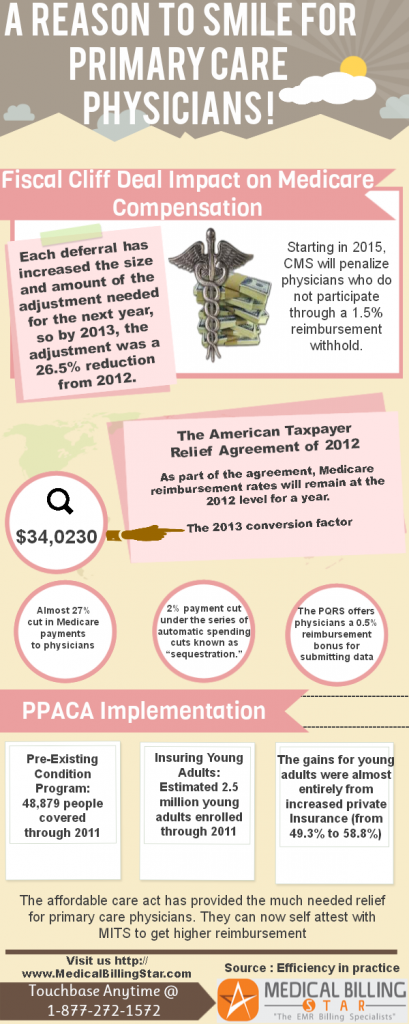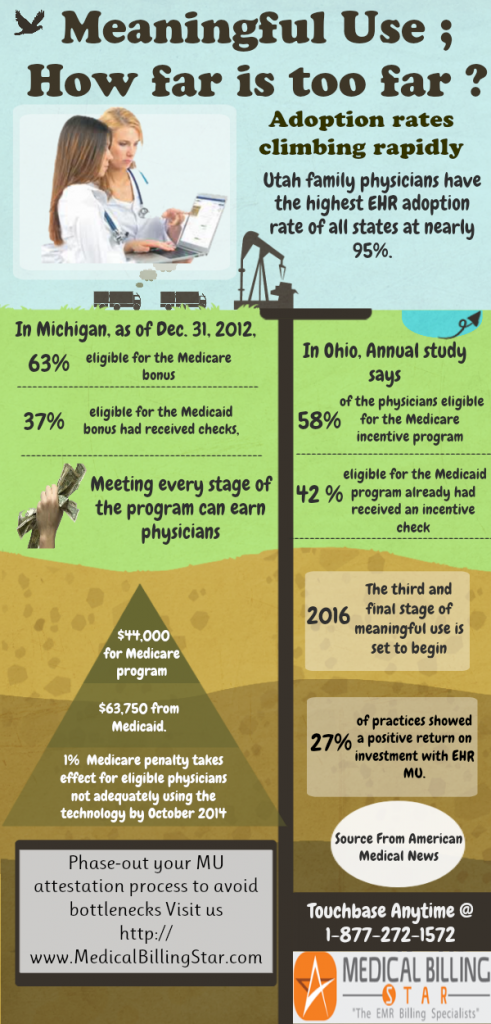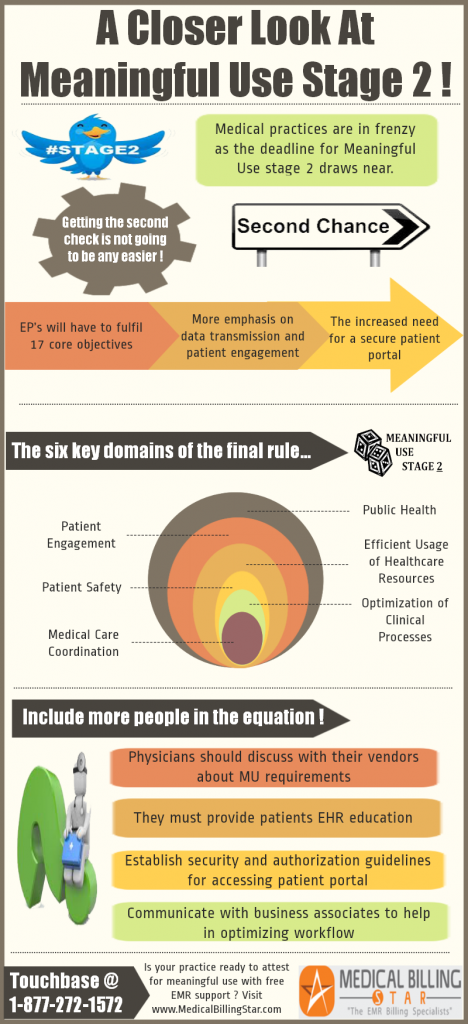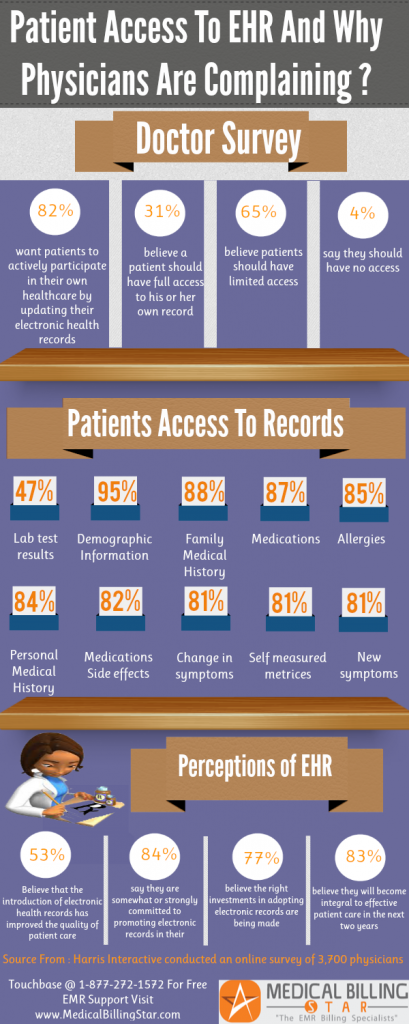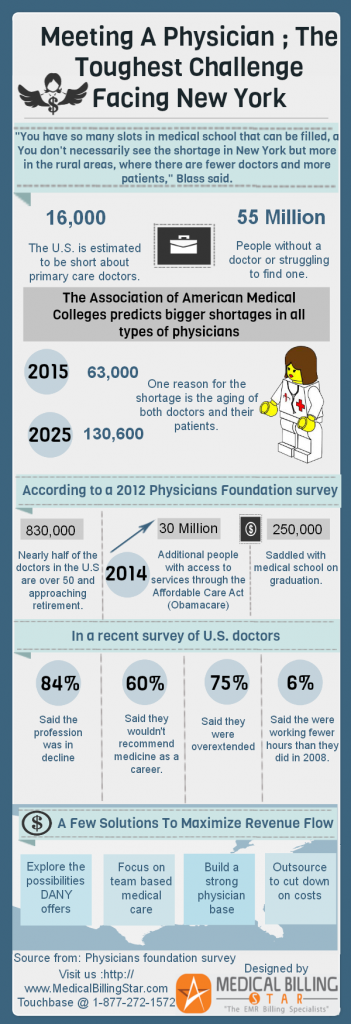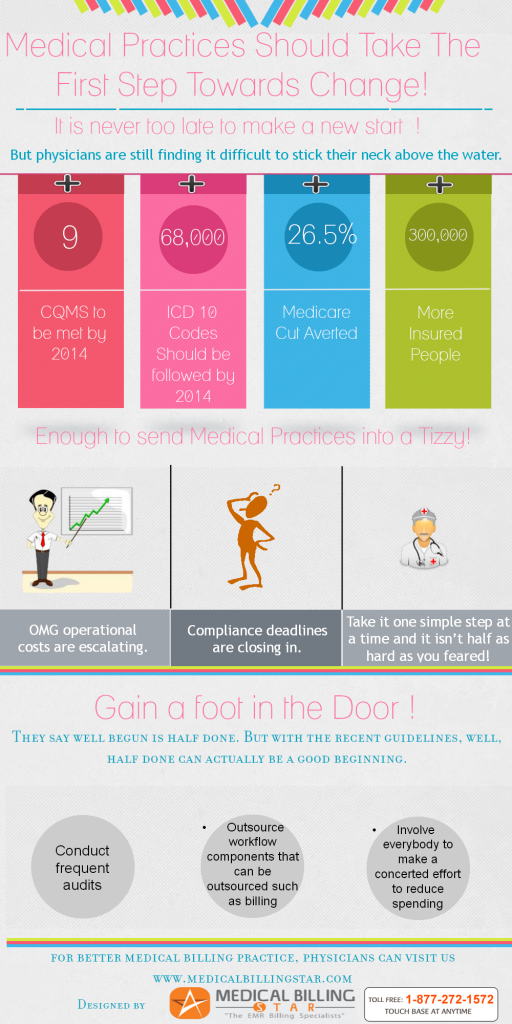Are you ready to get cracking on ICD 10 ?
The deadline for adopting ICD 10 is inching a little closer every day ! It is time for the eternal question. Are you prepared? A study by the Health Revenue Assurance Associates says that 20% of medical practices are yet to start an education or training program on ICD 10.
About half of the medical practices surveyed were way behind timelines set by Medicare and Medicaid. The transition is going to be tough. No matter what mild mannered, reassuring experts say ! And that is why the sooner a practice makes the switch, the better.
Confounding crosswalks…
Medical practitioners who think cross-walking ICD 9 codes with the latest codes is just a matter of few mouse clicks, have a second think coming. The General Equivalence Mappings does offer a detailed crosswalk of both the coding systems.
But the fact that there are very few one to one matches between both coding sets is going to make the transition, tricky.
According to a study by researchers from the University of Michigan and Illinois, mappings for specialists are going to be, especially, complex. Emphasis has to be laid on understanding and managing, mapping categories and networks.
A little bit of effort from everybody…
It isn’t the coding or billing team alone that is going to struggle with the new codes. It is going to take a bit of effort from all concerned.
As ICD 10 is all about greater specificity and granularity, physicians will have to focus more on the medical documentation they send to the billing team. More documentation could mean just one thing, more revenue !
Have you forgotten your insurer ?
Well, your insurer is a part of your team as well. Ask for a testing plan and send a few “test” claims to the insurer. Coordinate with your payers to make sure you are ready for the D day. Keep in mind that you cannot send ICD 10 claims till the compliance date. But don’t let that stop you, from sending out trial claims, to payers.
Why ICD 10 is not the Loch Ness monster, after all !
The entire hullabaloo surrounding ICD 10 makes the codes look like small, poisonous creatures, out to get physicians. In the long run ICD 10 can prove to be good for practices. It could mean more accurate payment for medical procedures. Fewer miscoded claims. And, a better idea of how much you’d be paid, prior, to a medical treatment.
